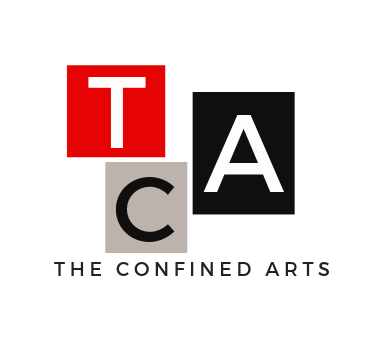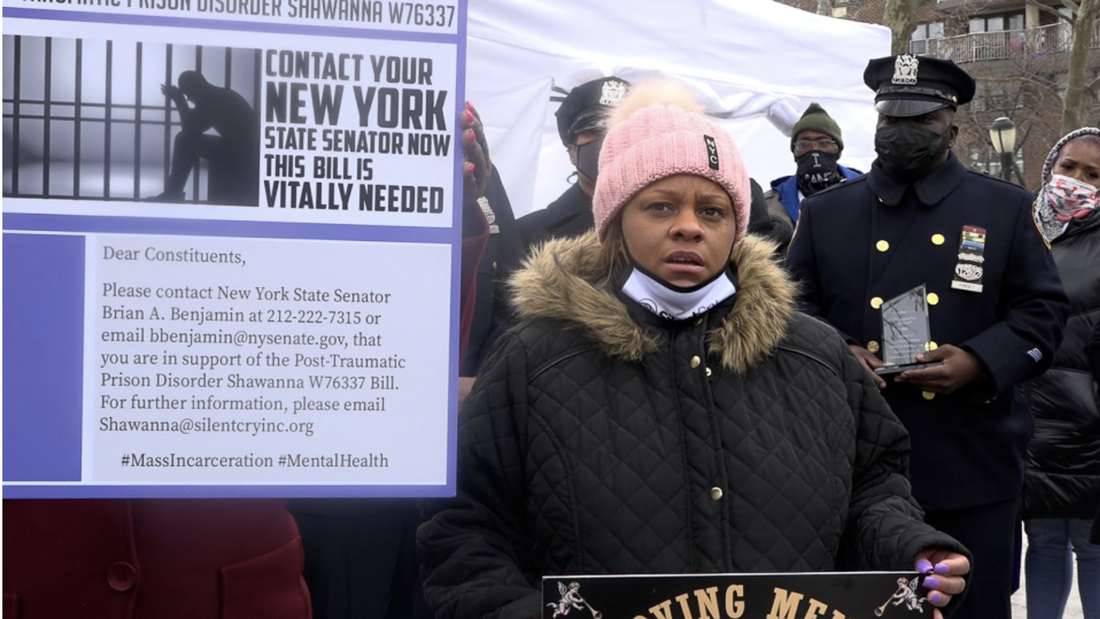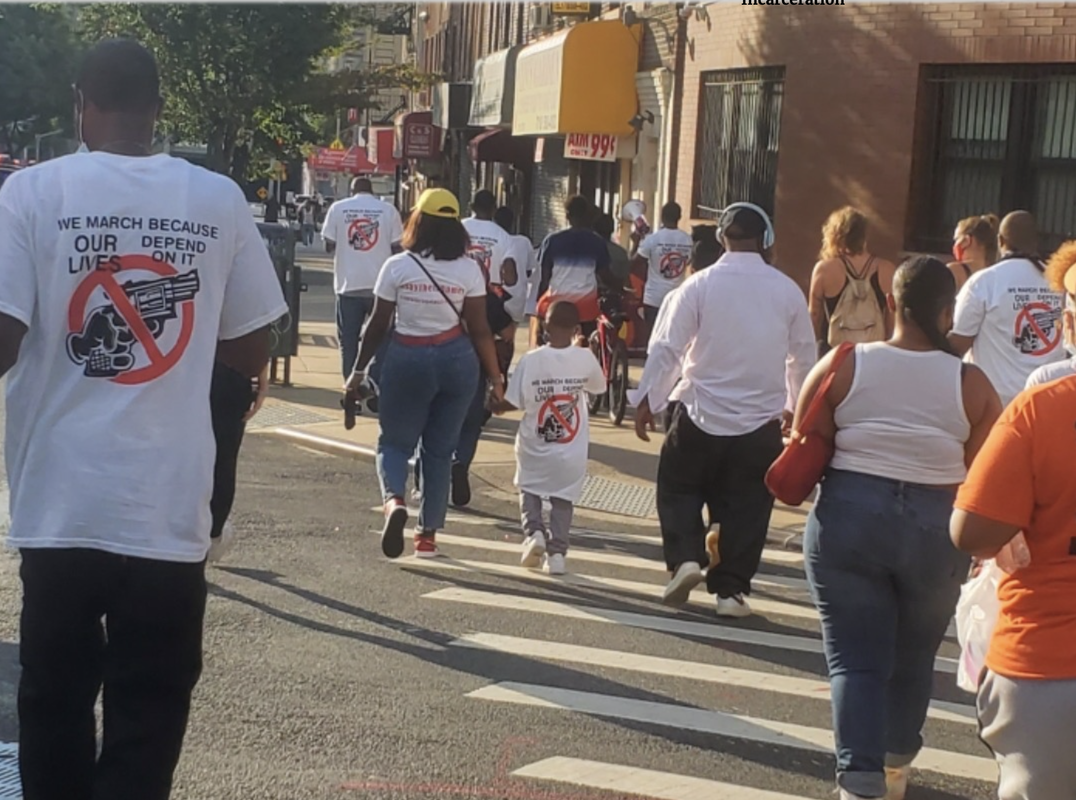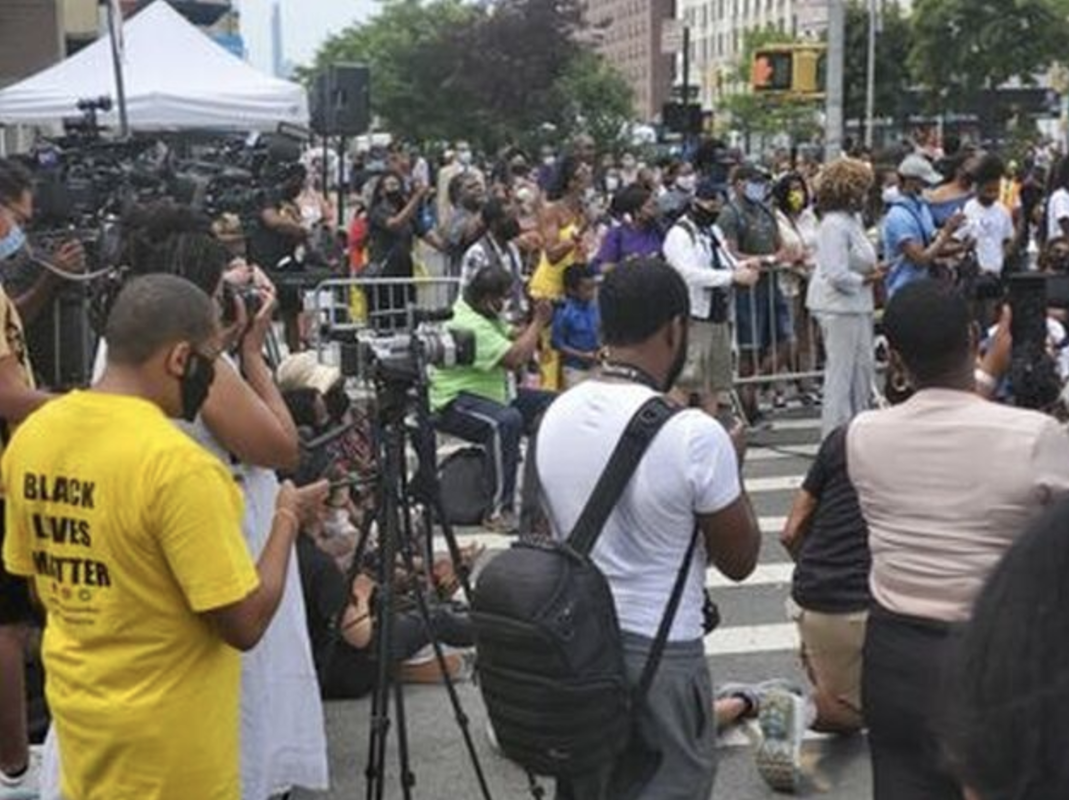|
As the founder of Isaac’s Quarterly, Isaac Scott, I've faced the uphill battle as an artist who was formerly incarcerated, where my work was unjustly devalued, and my personal narrative exploited. These experiences propel Isaac’s Quarterly's unwavering commitment to establishing a platform where artists receive fair compensation and acknowledgment.
Navigating the challenging terrain of being a strictly practicing artist is an uphill battle, and Isaac’s Quarterly acknowledges the inherent struggle. Artists, especially those with a history of incarceration, often find it difficult to sustain themselves financially. Our commitment extends beyond fair compensation to addressing the broader issue of artists struggling to make a living solely through their art. Isaac’s Quarterly stands at the intersection of art, justice, and social change. Our journey underscores the urgent need for fair compensation and acknowledgment in the creative industry. Far too often, artists, especially those with a history of incarceration, find their stories commodified without due recognition or compensation. Our tireless commitment includes a strong emphasis on the role of artists in social change movements and legal and political advocacy strategies. The arts are a powerful catalyst for change, and Isaac’s Quarterly believes in harnessing this potential for a more just and equitable society. Artists should be recognized as integral contributors to social change, and their perspectives should inform legal and political advocacy strategies. In this pursuit, we've established The Confined Arts (TCA), a charitable program developed by Isaac's Quarterly, LLC. Fiscally sponsored by Another Choice Youth and Family Outreach Inc., TCA cultivates and showcases the talents of artists directly impacted by mass incarceration and intersecting social justice issues. TCA empowers artists to express their voices through various art forms, aiming to abolish inhumane narratives and socially degrading stigmas associated with past experiences. Through collaborative activism, research, education, and training, TCA equips artists to influence policy change and advocate for a world anchored on empathy and healing. Formerly incarcerated artists face unique challenges in obtaining fair compensation for their stories, and TCA actively addresses this by providing a platform for artistic expression and advocacy. Exploitation for the sake of an organization's fundraising campaign is an unfortunate reality that TCA seeks to combat, advocating for ethical storytelling practices that prioritize the artist's agency and dignity. Racial disparities persist in the entertainment industry, with black actors and producers encountering distinct challenges. Black women, in particular, may receive more than they have in the past, yet the gap between their worth and actual compensation remains evident. Isaac’s Quarterly and TCA are vocal about addressing these disparities and promoting equity in the creative sector. To better support local community-based artists, we propose concrete solutions. Establishing industry standards for fair compensation, promoting diversity in decision-making roles, fostering mentorship programs, raising awareness about the vital role of artists in social change movements, and supporting community arts programs like TCA are crucial steps. Collaboration with grassroots organizations and advocating for inclusive policies will contribute to a more just and equitable creative landscape. In conclusion, Isaac’s Quarterly and TCA invite the artistic community and industry stakeholders to join us in building a future where artists are not only acknowledged but also compensated fairly for their invaluable contributions. Through collective efforts, we can create a thriving artistic ecosystem that reflects the richness of diverse stories and experiences, which plays a pivotal role in social change and advocacy, and supports the flourishing of community arts programs.
0 Comments
In conjunction with Coby Kennedy’s Summer 2021 exhibition Kalief Browder: The Box, Pioneer Works, For Freedoms, and Negative Space presented Beyond The Box, a four-part program series that considered the realities of mass incarceration through the lens of art and activism. Over the course of four weeks, The Broadcast is releasing Beyond The Box’s accompanying video series, each paired with a newly commissioned text that further elaborates on the thematic pillars charted by For Freedoms: Awakening, Listening, Healing, and Justice. Below, for Listening, Pastor Isaac Scott speaks to the harms of incarceration and introduces works by several writers whom he’s worked with through his program The Confined Arts.
OP-ED BY PASTOR ISAAC SCOTT IN THE COLUMBIA DAILY SPECTATOR There are generational implications for Black and Indigenous people of color when they are misrepresented in the arts by predominantly white producers and narrators who pass down procedural techniques, essentially laying the foundation for standards in contemporary art and design. More importantly, this is significant because in popular American culture, eurocentric narratives and stereotypes about people of African descent continue to shape cultural aesthetics. Representation is always at stake for Black people, and stereotypical portrayals of African Americans continue to evolve in the 21st century.
When it comes to community grassroots organizing and coalition building for equity and inclusion, we must be mindful to never overlook smaller, less structurally developed advocacy groups, especially before we understand their on-the-ground impacts on the lives of people they serve.
OP-ED BY PASTOR ISAAC SCOTT IN THE COLUMBIA DAILY SPECTATOR America is a violent, petty nation. The people of this country call for humane justice from the highest hills, but “an eye for an eye and a tooth for a tooth” is the way this nation handles its own failures. I’ve said much in the past about the hypocrisies of the current movement to abolish prisons. Until we clearly define exactly what true justice looks like for every group of people, we will continue to see people protest against systemic oppression in the form of incarceration for some people and justify state violence incarceration as a system of punishment.
OP-ED BY PASTOR ISAAC SCOTT IN THE COLUMBIA DAILY SPECTATOR Too often, the role of strategic arts engagement as a transformative tool for social justice is overlooked and undervalued by leaders who don’t traditionally take artistic approaches to social change within their own work strategies. However, when it comes to creating more informed and culturally inclusive policies, the role of the arts in the social justice landscape cannot continue to be minimized to supplemental involvements, which only feature artistic activities as a secondary option for social engagement. Instead, art should be in every change agent’s toolbox as a means to change perception, build relationships, and foster action.
You perpetuate systemic oppression through your elite standards and unrealistic expectations3/1/2021 OP-ED BY PASTOR ISAAC SCOTT IN THE COLUMBIA SPECTATOR Long-standing institutions that seek to move toward social correctness in 2021 are often proud to declare that those who are closest to the issue are closest to the solution and should be driving the change. While true, in its current application, this proximity to justice and advocacy rhetoric for the oppressed manifests only in mere concept. It is nothing more than rubber-stamped language re-articulated from organization to organization that expresses understanding and empathy.
OP-ED BY PASTOR ISAAC SCOTT IN THE COLUMBIA DAILY SPECTATOR I believe that combatting the stigmas associated with poverty will encourage people who did not previously use state or government supplemental nutrition programs to take advantage of the food pantry and food program resources that they may need immediately.
While the world remains captivated by the now-famous fly that spotted Pence as the perfect matter of decay to feed on, I pose this question: Can we as Black and Indigenous families, whose lives depend upon policy change, truly expect to see legal justice, neighborhood development, and real community sustainability from either the Republican or Democratic presidential candidates?
In order for you, in the fullness of your privilege, to not perpetuate subtle racism, it is important to begin gaining knowledge through actively listening to and accepting the testimonies of Black Americans without considering or offering counterarguments that would undermine the very purpose of seeking out a different point of view....
|
AuthorTCA Contributors Archives
December 2023
Categories |










 RSS Feed
RSS Feed
